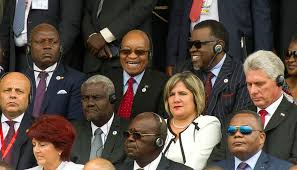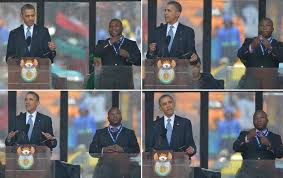Agriculture by definition is an industry, science or practice in which animals and crops are raised for the purpose of providing food. The industry comprises of farmers who work in the field of agriculture and other stakeholders like the government, firms, NGOs and consumers. Over the years, the agriculture industry has changed greatly with growth of technology and support from the various stakeholders like NGOs who try to avail funds for promoting agriculture. This growth can be easily indicated in various countries with the growth of GDP (gross domestic product) as a result of technology. For example in South Africa agriculture was contributing 2.4% of the country’s GDP and while in Sub Sahara region it was contributing 17.1% by 2016. This seems minimal but of great value to the various countries.
Stakeholders Take On Agriculture
Agriculture over the years has been greatly improving worldwide thus one can say that the future lies in agriculture. Agriculture is one of the biggest employer worldwide. In continents like African agriculture employees 70% of East African and 60% of the population in Sub – Saharan Africa.
Such remarks may convince one that those in agriculture business find less hardship while doing their business. However, farmers have many lamentations to make on inter reacting with them say less earnings and yet a lot of energy and time are used, timely changes in seasons and inadequate information about agriculture.
However also other stakeholders like governments also complain about the unbecoming farmers who are so resistant to any change. Thus calling for a united unit of the stakeholders in order to achieve from the agriculture industry at large.
Translation a New Modern Hope for Agricultural Growth
Professional translation service are a necessity in doing justice to this duty. Stakeholders in agriculture have got a duty of working together in order to improve the industry. Challenges like resistance to change have got to be worked upon. This is through educating farmers in a number of languages that they understand best that is to say Lango, Arabic, Somali, Kirundi and many others. Perhaps the resistance is not as a result of wanting to resist but only resulting from lack of understanding best of the implications of the new changes that need to be well taught to these farmers for better results.






